-
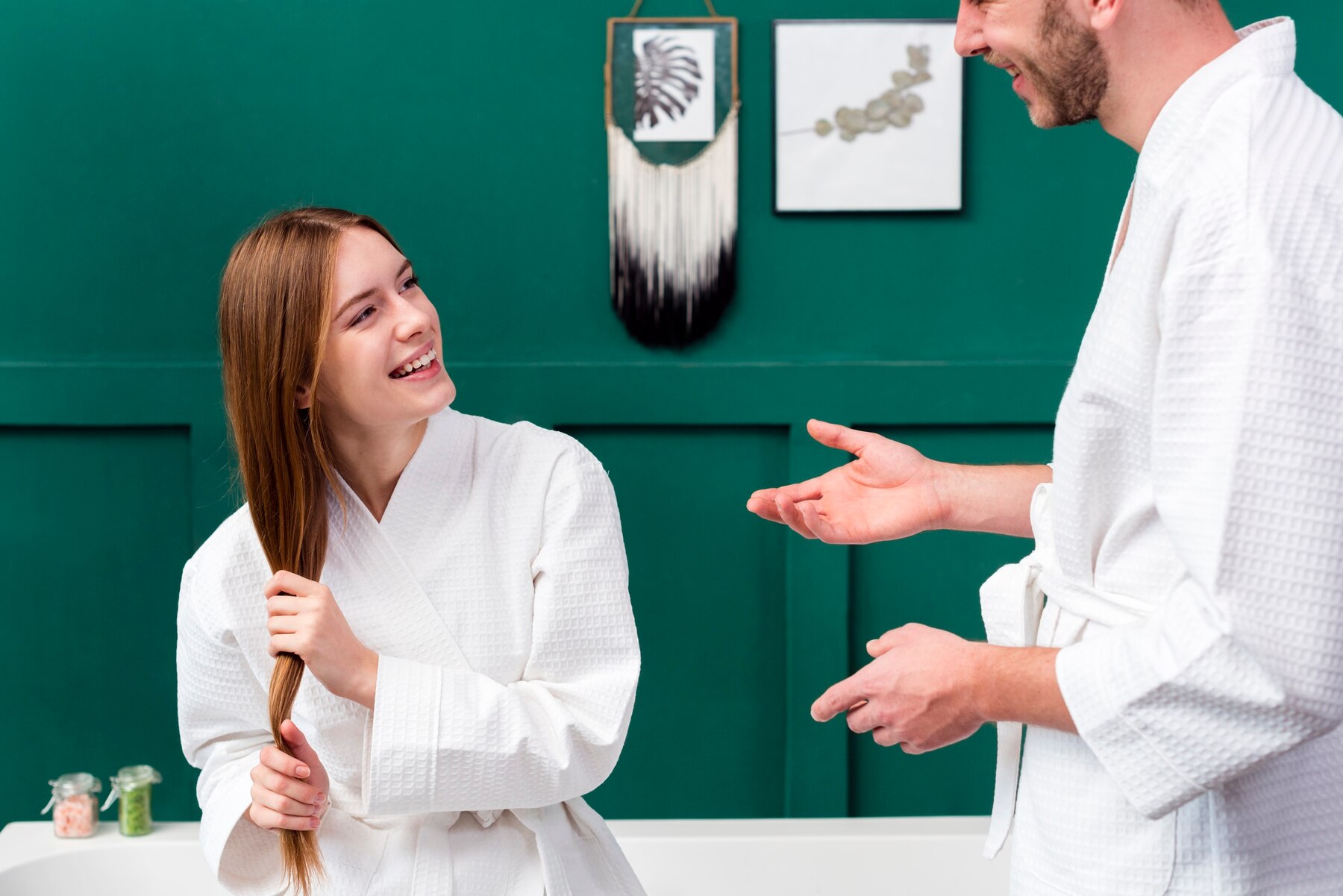
1
Consultation
Individuals undergo a consultation with a dermatologist or trichologist to
assess the underlying causes of hair loss, such as genetics, hormonal imbalances, nutritional
deficiencies, or scalp conditions. The specialist conducts a thorough examination of the scalp
and hair to determine the most suitable anti-hair fall treatments based on individual needs and
concerns.
-
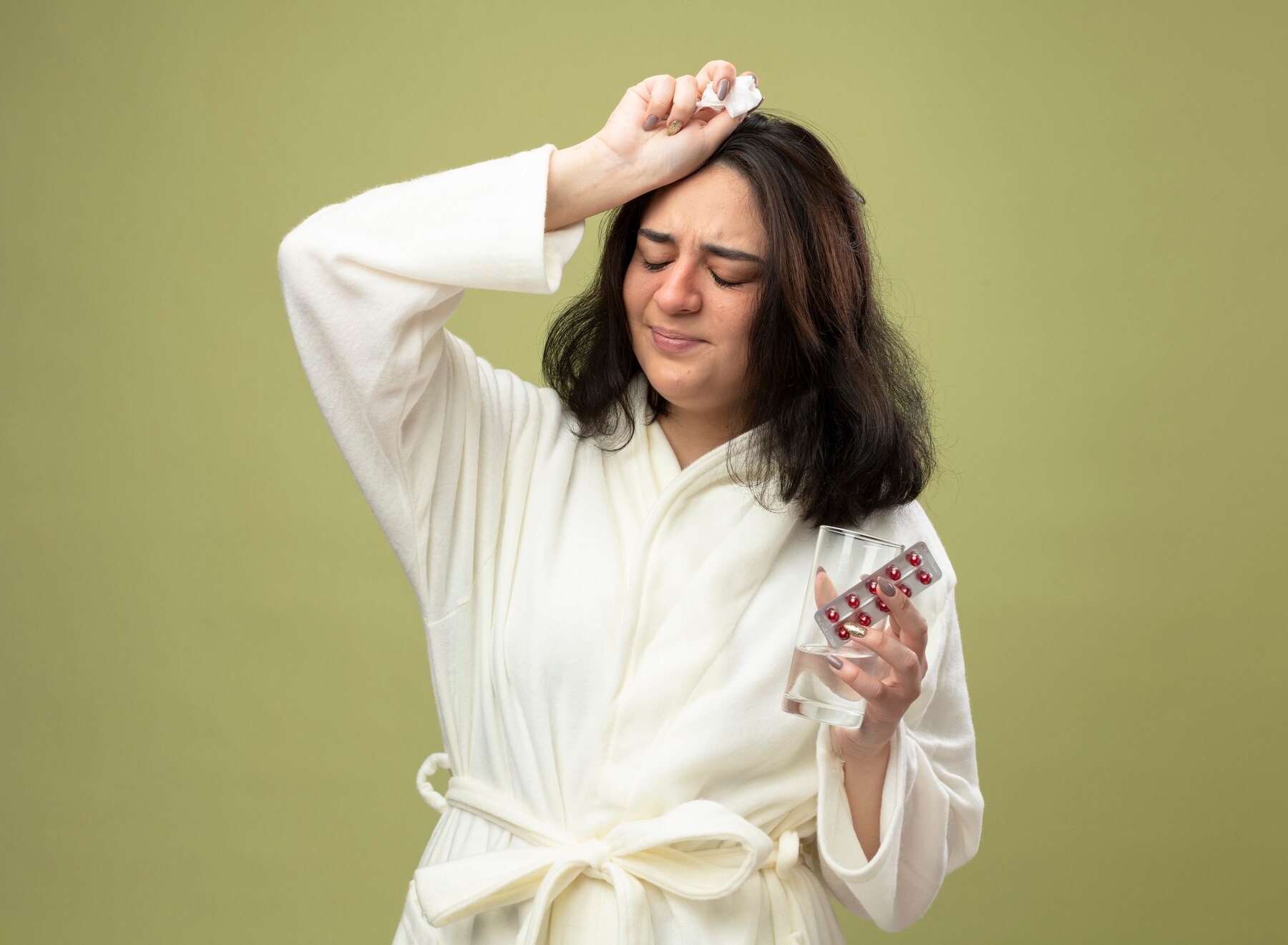
2
Identifying Underlying Causes
Once the underlying causes of hair loss are identified, targeted treatments are recommended to
address specific factors contributing to hair fall. This may include lifestyle modifications,
dietary changes, stress management techniques, and medical interventions as needed.
-
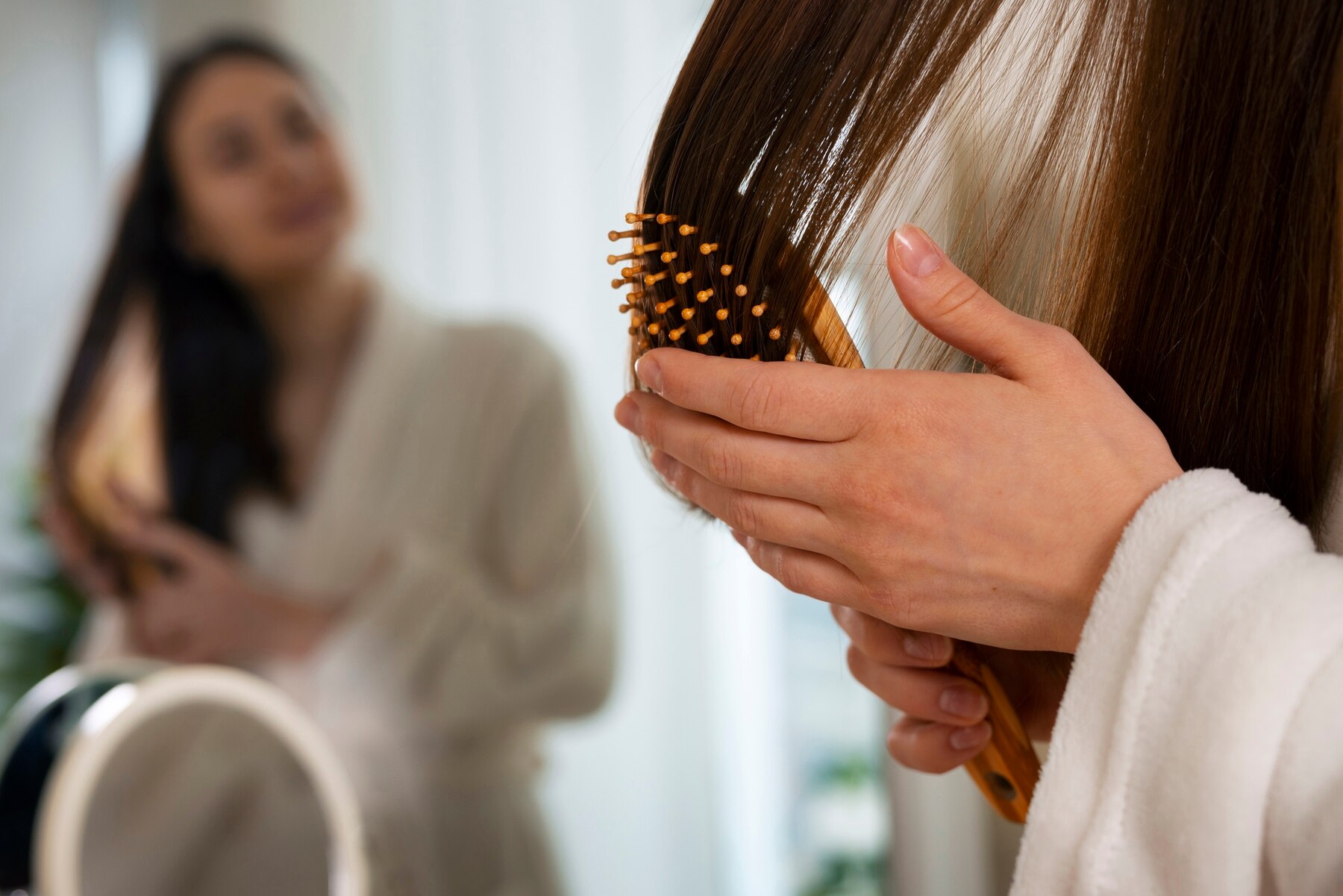
3
Scalp Care
Proper scalp care is essential for maintaining a healthy environment for hair growth. Gentle
cleansing with a mild shampoo, regular scalp massage to improve circulation, and avoiding harsh
styling products or excessive heat styling can help prevent further damage and promote hair
health.
-
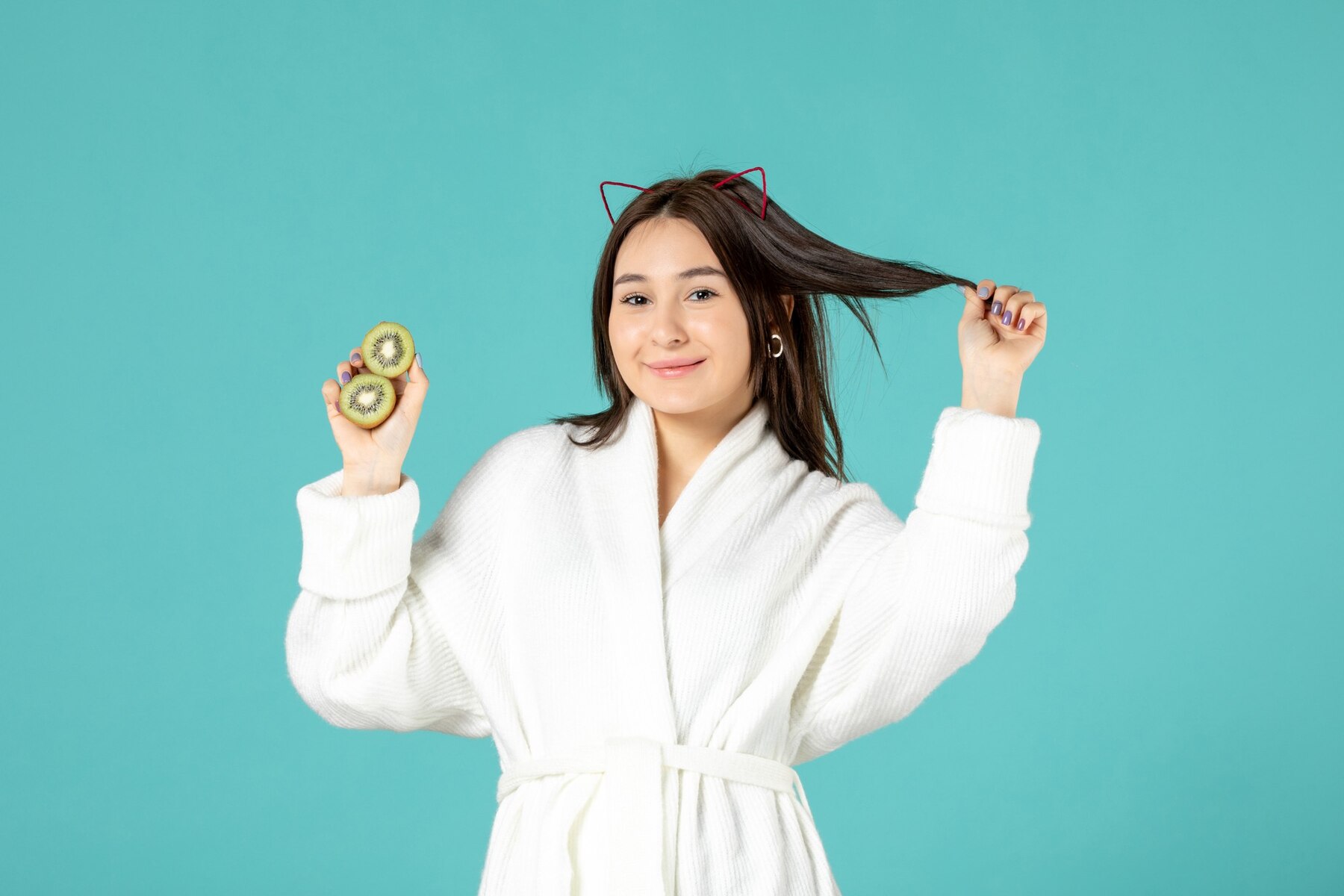
4
Nutritional Support
A balanced diet rich in essential nutrients such as vitamins, minerals, protein, and omega-3
fatty acids is crucial for healthy hair growth. Nutritional supplements may be recommended to
address deficiencies and support optimal hair health.
-
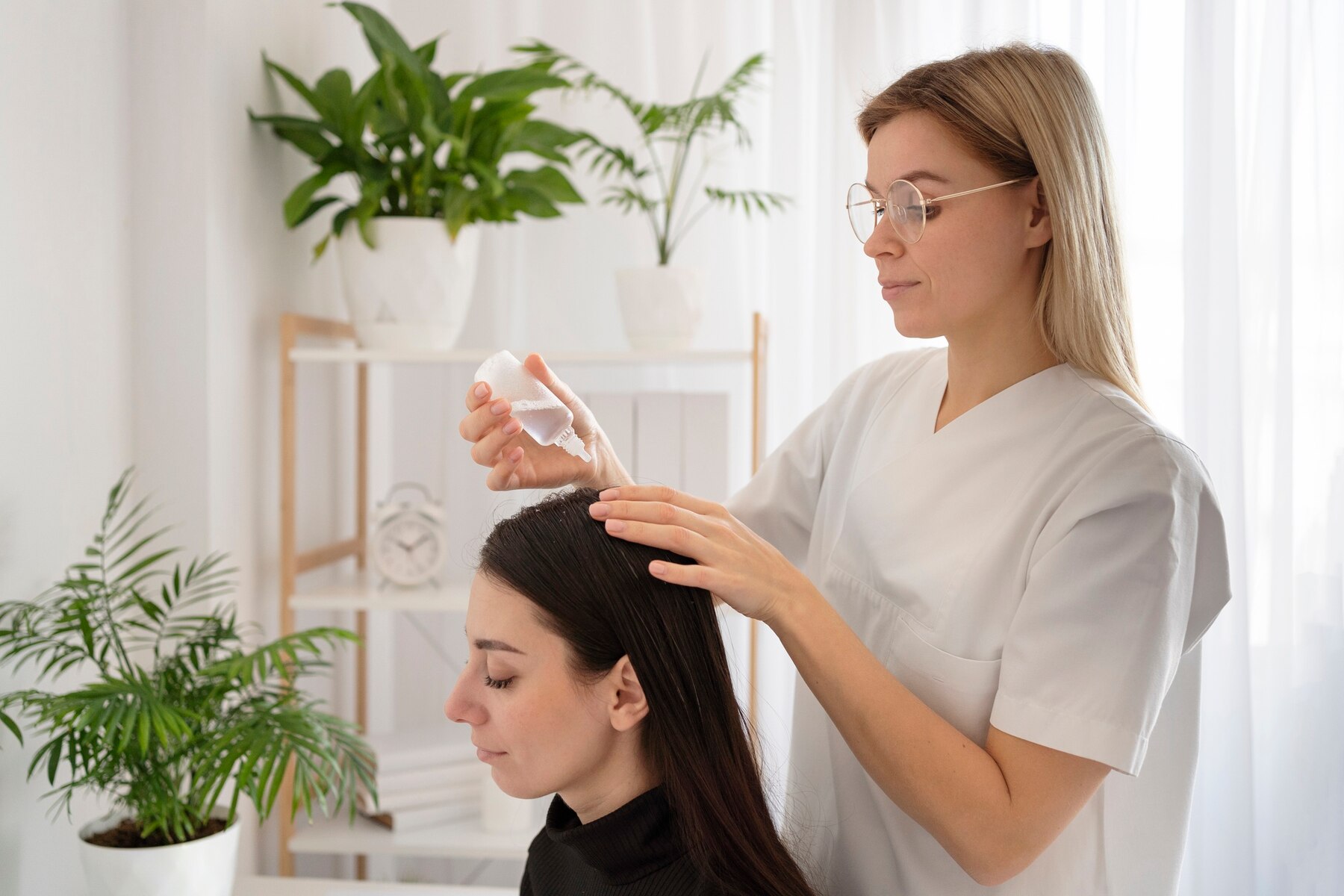
5
Topical Treatments
Topical treatments such as minoxidil, hair growth serums, or scalp treatments containing
ingredients like peptides, antioxidants, and botanical extracts may be prescribed to stimulate
hair follicles, prolong the growth phase of the hair cycle, and promote thicker, fuller hair
growth.
-
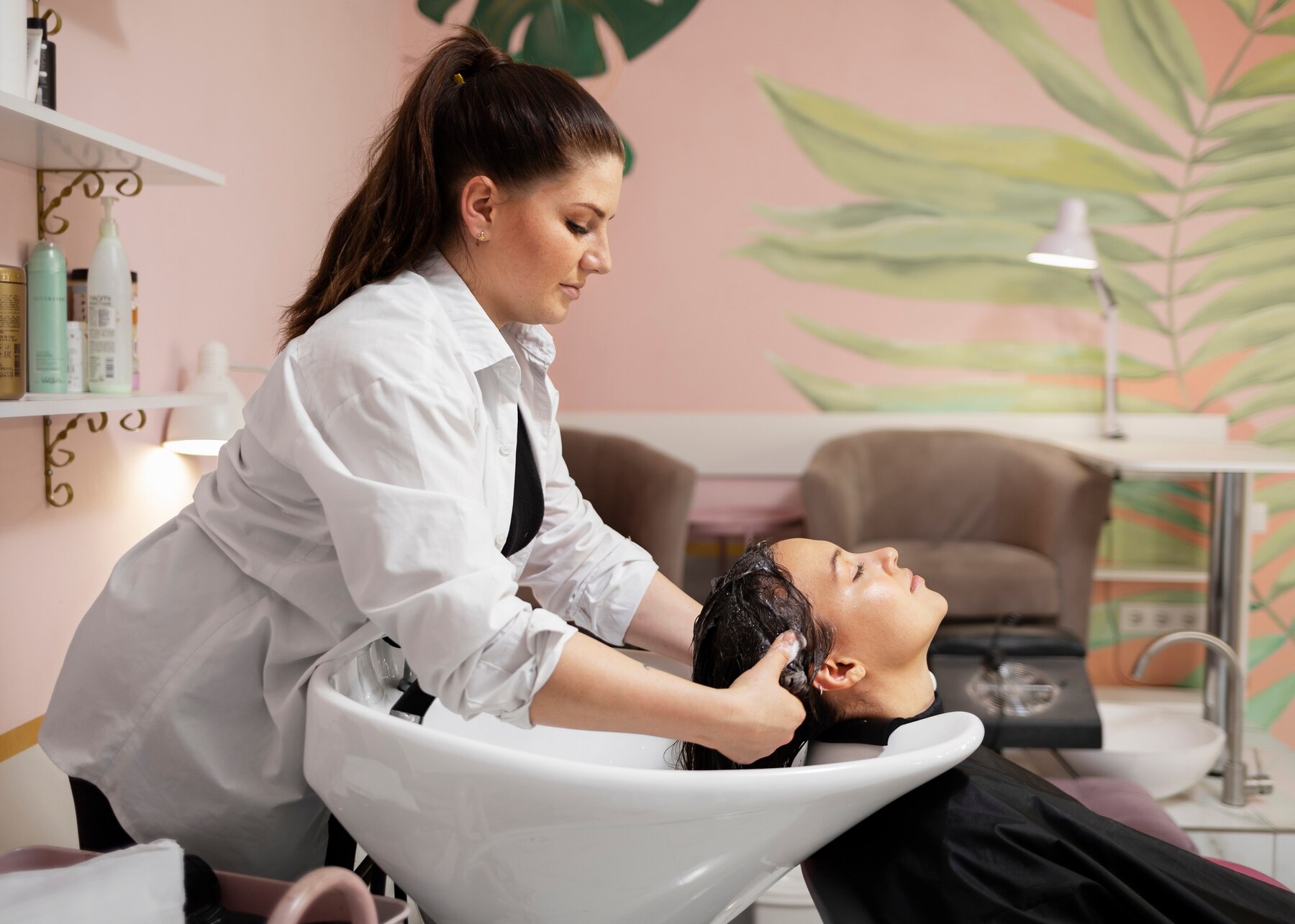
6
Professional Treatments
In addition to homecare, professional treatments such as platelet-rich plasma (PRP) therapy,
low-level laser therapy (LLLT), microneedling, or scalp injections may be recommended to enhance
hair growth, improve scalp circulation, and rejuvenate hair follicles.